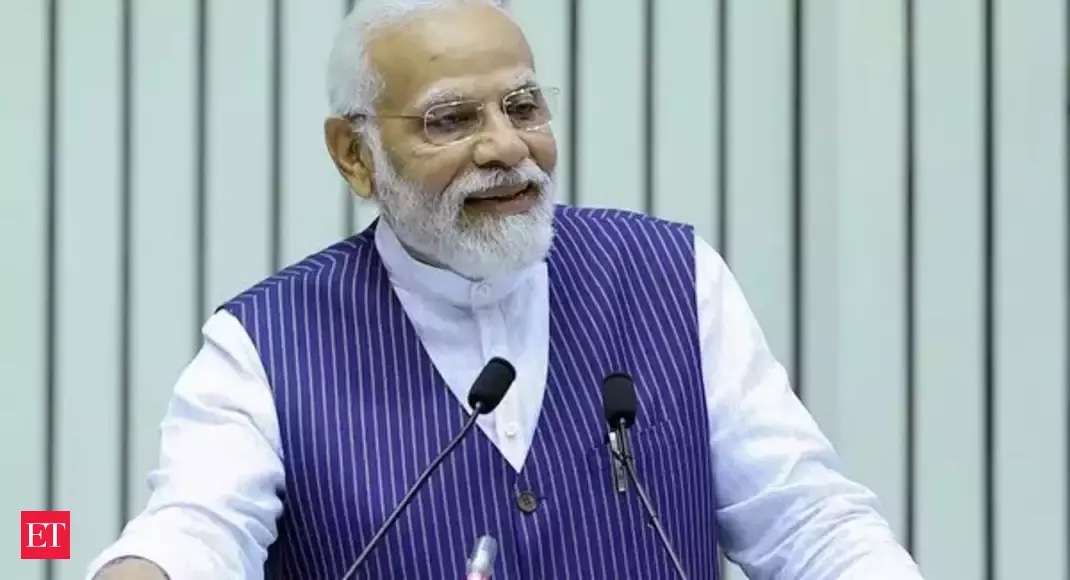
India Criticizes US Religious Freedom Report as Biased Interference » Capital News
July 3 – India has strongly criticized the latest US religious freedom report, describing it as biased and an interference in its internal affairs.
The report, released annually by the United States (US) State Department, highlighted concerns over religious freedoms in several countries, including India. Various prominent religious leaders in India have refuted the claims made in the report.
“We reject this report which is based on limited understanding and selective information,” a ministry spokesperson said, addressing concerns raised in the US report regarding incidents of religious discrimination and violence.
Maulana Shahabuddin Razvi, President of All India Muslim Jamat Dargah Aalah Hazrat, Bareilly, expressed strong reservations over the findings.
“Every country has its own issues and problems. But we have an enriched civilization and our Ganga-Jamuni Tehzeeb is an example for the whole world to take inspiration from. No country has the right to interfere in our matters without understanding our social fabric,” said Maulana Razvi.
“I am appalled at the way the US sees our religious ecosystem. I urge them to look at it from a freer and unbiased eye, and what they will then see will be a healthy and diverse nation,” he added.
Indian officials dismissed the findings as “unsubstantiated” and accused the United States of overlooking the country’s robust constitutional protections for religious minorities. In a statement, the Ministry of External Affairs asserted that India is committed to religious harmony and accused the US report of portraying a “distorted” picture of the situation on the ground.
Mufti Ashfaq Husain Qadri, Chairman of All India Tanzeem Ulema E Islam, Delhi, echoed these sentiments. “We do not endorse the report findings, especially when they come from a country like the US, which is infamous for its never-ending atrocities against Muslim nations. Their violence against Muslims in countries like Afghanistan, Iraq, and Palestine can’t be preaching us on religious freedom. Yes, we may have our issues. And we continuously engage in dialogue with our governments and Prime Minister Narendra Modi to sort out differences and work towards building an inclusive environment. Still, any other country’s involvement and such name-shaming cannot be tolerated,” said Mufti Qadri.
“Whatever issues we may have are our internal matters, and we celebrate our diversity, having lived in this country for thousands of years. We are fully equipped to win over situations and sort any differences among ourselves,” said Abu Ashraf Zeeshan, Naib Sajjada Nasheen, Khanqah E Gulzariya Amethi.
The report has also faced criticism for perceived double standards, suggesting that it overlooks religious freedom issues within the US or in allied countries.
Despite strides towards racial equality, disparities persist in various aspects of American life. African Americans and other minority groups continue to face higher rates of poverty, incarceration, and discrimination in employment and housing. Issues of racial profiling, police violence, and access to quality education and healthcare remain contentious topics that underscore deep-seated inequalities rooted in historical injustices.
The current diplomatic rift comes amid ongoing strategic dialogues between India and the United States, focusing on regional security, economic cooperation, and shared democratic values. Despite the criticism, both countries continue to engage in diplomatic dialogue to address differences and enhance bilateral relations.
The US State Department has not immediately responded to India’s rebuke, but similar disputes over human rights and religious freedoms have periodically strained relations between the two nations in recent years.
